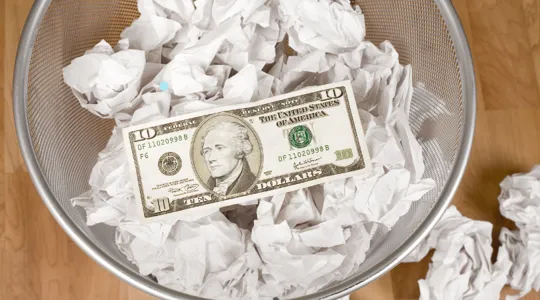
Finding ways to cut expenses and to not spend money on unnecessary items is imperative if you’re barely making ends meet or operating in the red. There are probably some items you’re spending money on that you don’t really need, leading to financial pitfalls, especially for those with limited financial resources. Here are five things poor people tend to waste money on.
1. Lottery Tickets
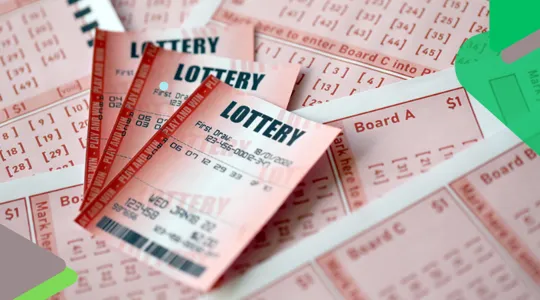
Many consider the lottery nothing more than a poor person’s tax. That’s because there’s a slim to no chance you’ll win. The average low-income person spends almost five percent of their income on lottery tickets. They are lured by the promise of millions and are usually sorely disappointed. Buying lottery tickets is considered a poor financial decision.
2. Convenience Store Purchases
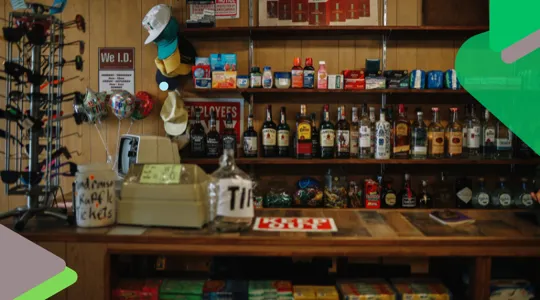
Poor people rely more on the immediate neighborhood store to buy convenience foods and other necessities. That’s because most have limited mobility. Unfortunately, that neighborhood store is usually a convenience store. Lower income individuals often face limited financial options, forcing them to make costly choices like using convenience stores. But since convenience stores keep low inventory, they can’t buy goods at low prices from wholesalers. The result is that they pass higher prices on to customers.
3. Overdraft Fees
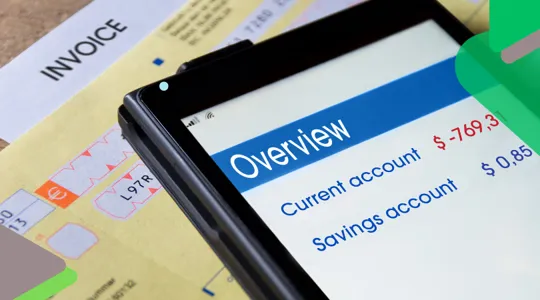
Poor people are stretching dollars as far as they possibly can. They often continue paying bills or buying goods when they don’t have money in their account, have high-interest credit cards, or they rely on payday loans to get them by in a pinch, facing challenges such as high fees for cashing paychecks and obtaining cashier's checks due to not having a bank account. On average overdraft fees are around $26 but can be as high as $35. Cash strapped individuals end up spending hundreds of dollars on these fees leading to wasted money.
4. Smoking
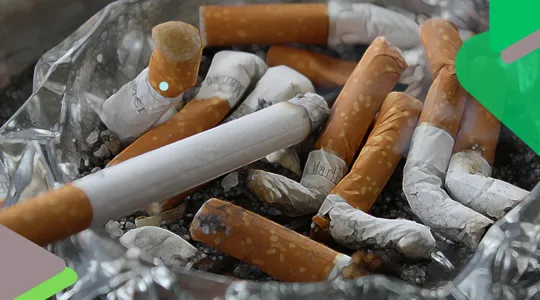
Nearly three out of four smokers come from low-income communities. The average cost of a pack of cigarettes in the U.S. is eight dollars, but some states, like Massachusetts, run as high as $11. This is an expensive item on a poor person’s shopping list. The result is the average poor person who smokes spends $51 weekly. Often, cigarettes are substituted for food. Additionally, high-interest debt and payday loans exacerbate financial instability for smokers in low-income communities, leading to a cycle of debt and further financial strain.
5. Eating Fast Food
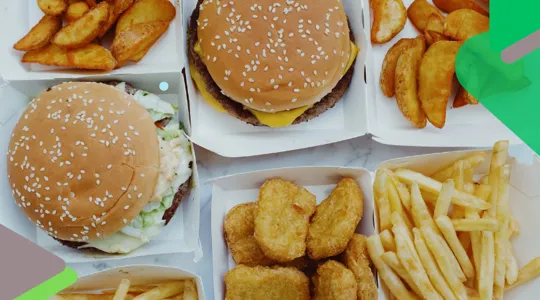
Poor people tend not to shop in grocery stores with produce and other nutritional items. Instead, they eat fast food. It may seem less expensive, but the average price of a meal at McDonalds is $7.57. Multiply for a family of four, and you’re paying over $30 for a meal. Thirty-two percent of low-income people eat fast food daily. This reflects poor spending habits and highlights the need for better personal finance management and education among lower-income individuals. Also, often times you can get make a more cost-effective meal of at least the same quality at home, meaning fast food is just one of many unnecessary expenses.
Conclusion
If you’re low-income or know someone who is, reviewing how you spend money will go a long way toward helping you have money. The biggest expenditures are smoking and fast food. The fear of not having enough money often leads individuals to avoid calls from debt collectors, delay payments, accrue payday loans, and incur late fees or interest charges. Financial education is crucial in changing these behaviors. It comes down to changing behavior.



